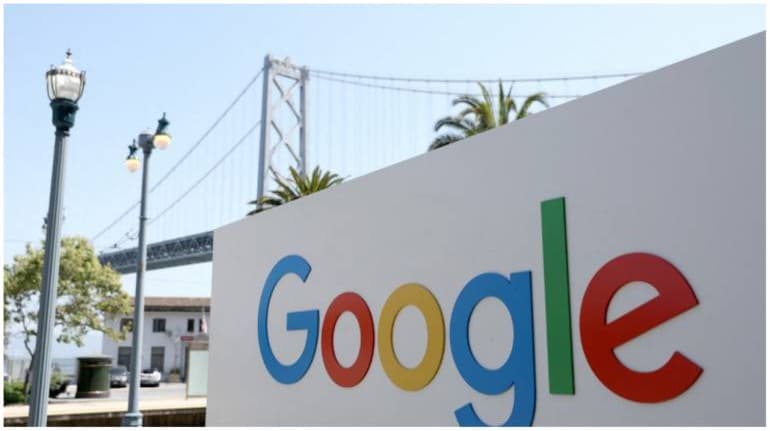As it starts to follow the most recent antitrust instructions from the Competition Commission of India (CCI), Google will let app developers offer an alternative invoicing mechanism for in-app purchases within India starting on April 26, 2023. Google said on February 22 that, in response to “recent regulatory developments in India,” it is revising Google Play’s Payments policy, which will take effect on April 26.
As a result of this change, developers will be able to give customers a paying option other than Google Play when they buy in-app digital content. The transaction will still be subject to a service fee if a user uses the alternative billing method, albeit at a 4 per cent lower rate. As opposed to the standard service cost of 10–30%, this basically implies that developers will have to pay a service fee ranging from 6–26% for in-app purchases and subscriptions based on the type of app/service and the yearly income it earns on Google Play.
“Google Play’s service fee has never been simply a fee for payment processing. It reflects the value provided by Android and Google Play and all of the developer services we offer, including app distribution and discovery, the commerce platform, developer tools, analytics, training, and more”, the company stated on the support page.
Google has also provided “interim actions” for developer to follow
As an alternative charging method until it “builds APIs that will streamline integration in 2023,” Google has also provided “interim actions” for developers to follow. It said that when the company’s automated APIs go live later this year, developers who want to use an alternative billing system will have to convert to those.
Even though the tech giant is still contesting the antitrust ruling, Google originally announced the decision to enable third-party invoicing for all applications on January 26 as part of broad adjustments it would be making to its Android and Play businesses to comply with CCI’s instructions. This was an expansion of a pilot programme the Android creator was running in India and four additional markets, including Australia, Indonesia, Japan, and the European Economic Area, wherein participating developers could provide a different billing system to users in addition to Google Play for a lower service fee ranging. Game creators were not included in this pilot, though.

Regarding app downloads and users, India is one of Google Play’s top markets. Due to the increasing use of digital transactions there, the nation is also developing a significant possibility for Google Play to monetize. After the CCI’s antitrust ruling on Play charging, Google said it would pause the implementation of its in-app paying system in India in November 2022. For consumers outside of India, the policy is already required for in-app purchases of digital material.
The search engine was fined Rs 936.444 for abusing its dominant position
The CCI had issued the tech giant a directive to change its behaviour towards smartphone manufacturers through a number of remedial measures in addition to imposing a fine of Rs 1,338 crore for abusing its dominant position in Android in October 2022. In addition to a number of corrective actions to change the company’s app payment policy, CCI ordered Google in a second order in the same month to not prohibit app developers from utilising any third-party billing or payment processing services for in-app billing on Google Play.
Also, it fined Rs. 936.44 crores on Google for abusing its dominant position in relation to its Play Store rules. While Google transferred the NCLAT in January, no immediate relief materialised. The business then appealed the tribunal’s ruling to the Supreme Court. Although the supreme court declined to become involved in the dispute, it did request that the NCLAT issue a ruling by March 31, 2023. The tribunal is now hearing dispute-related arguments.
Several domestic and foreign businesses have claimed that Google is not completely abiding by the CCI’s decision and that the steps they have stated need to be revised.
The CEO of digital mapping company MapmyIndia, Rohan Verma, has previously stated that these moves are “piecemeal and being done in the way Google wants” and that the results will not have an “on-the-ground impact of enhancing competition.”











